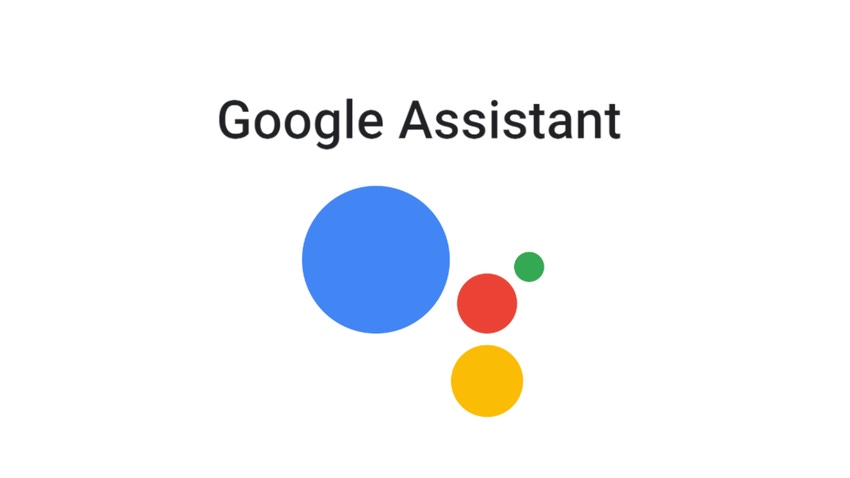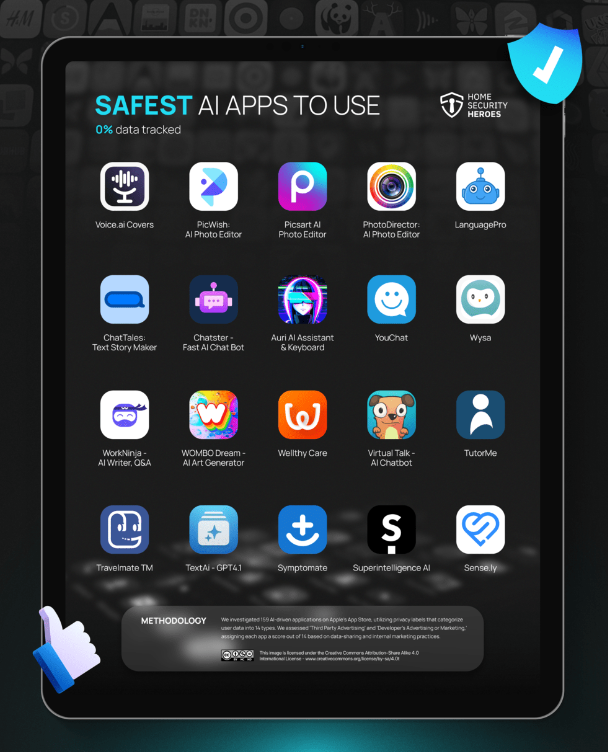The Worst Privacy Offenders in the Apple App Store
Among the worst snoopers: Google Assistant

At a Glance
- New research shows AI apps that are the most data-hungry, with Google’s Socratic sharing the most data with third parties.
Three-quarters of AI apps on the Apple App Store share users' data with third parties according to a new study published by Home Security Heroes.
Among the worst offenders are Google Assistant and its edtech app Socratic, which shares 35.71% of users’ data with third parties. This includes data such as browsing history, contact info, identifiers, location and search history.
Stay updated. Subscribe to the AI Business newsletter
Language education app Duolingo, AI art generator DaVinci and medical app K Health each share as much as 28.57% of their users’ data with third parties.
On average, AI apps tracked 18% of users’ data for advertising benefits, while 54% of apps track their users' data for advertising and marketing.
Out of 159 apps investigated, 64% were found to track users’ personal data for their own marketing benefits.
The most invasive AI Apps
Home Security Heroes labeled Brainly, a math-solving application, as the AI app that monitored the largest percentage of users' personal data, at 42.86%. Brainly shares that crown with the image generation tool Photoleap.
Following closely behind are two apps from Google: Socratic and Google Assistant — these, as well as DaVinci and Facetune, all track 35.71% of users’ data.
Productivity apps were found to be the most data-hungry and include Google Assistant as well as conversational apps such as Chat AI, the likes of which have started to inundate the App Store in the wake of ChatGPT’s immense popularity.
Education apps, including Brainly and Socratic, were the second most data-hungry.
Safest AI apps
The data also shows that some AI apps refuse to track user data.
Among them include the voice changer app Voice.ai Covers, image generator PicWish and conversational health care platform Sense.ly.
Also found not to gather user data were Travelmate, which offers guides to tourists and Wellthy Care, an app-based digital health coach to help patients manage chronic conditions like diabetes.
Health and fitness apps were found to be the least data-hungry category investigated.

Credit: Home Security Heroes
About the Author(s)
You May Also Like


.jpg?width=700&auto=webp&quality=80&disable=upscale)
.jpg?width=700&auto=webp&quality=80&disable=upscale)

.jpg?width=300&auto=webp&quality=80&disable=upscale)
.jpg?width=300&auto=webp&quality=80&disable=upscale)
.jpg?width=300&auto=webp&quality=80&disable=upscale)
.jpg?width=300&auto=webp&quality=80&disable=upscale)
.jpg?width=300&auto=webp&quality=80&disable=upscale)